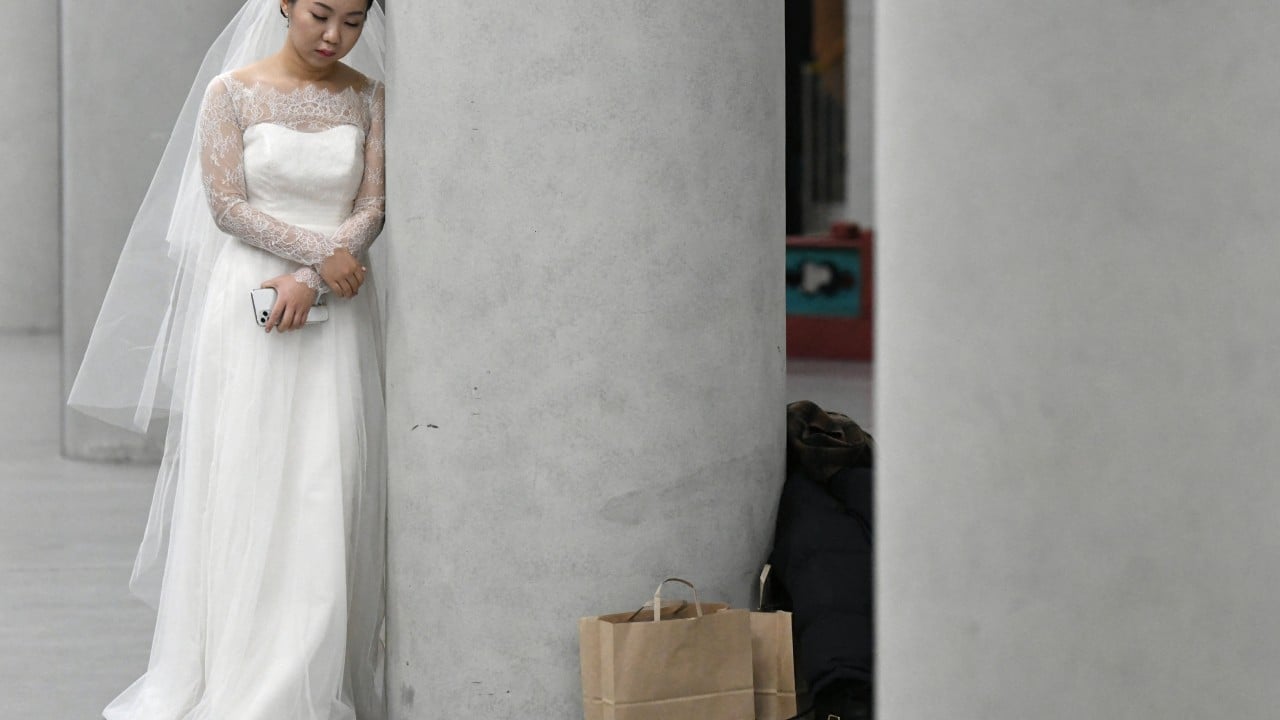As South Korea continues to grapple with plummeting birth rates and fears of regional depopulation, local governments are now expanding their efforts beyond childbirth subsidies to include cash incentives for marriage, covering everything from first dates to engagement and honeymoon expenses.
Advertisement
While the urgency is clear, critics argue that these one-off financial incentives may do little to address the structural challenges behind delayed or declining marriage rates.
In Busan’s Saha district, local authorities have promised up to 20 million won (US$14,700) in payments to couples who marry after taking part in a matchmaking event organised by the district.
Additional benefits include 500,000 won for dating expenses, 1 million won for engagement meeting costs and a 10 million won travel subsidy.
“This is one component of our population policy to counter the crisis of low birth rates and regional decline,” a district official said, adding that no couples had received the full payment yet.
Advertisement
Other municipalities across the country are rolling out similar initiatives. In South Gyeongsang province’s Geochang county, newlyweds aged 19 to 45 who live there for more than three months receive 600,000 won annually for three years.

